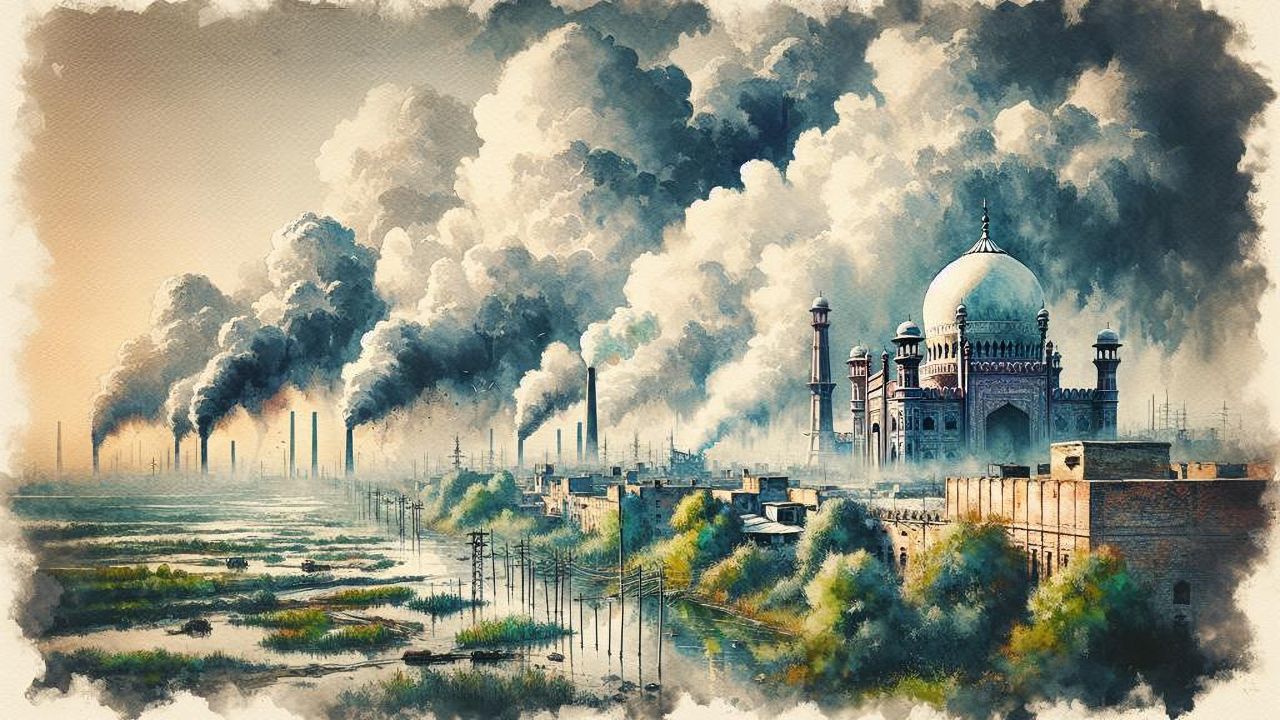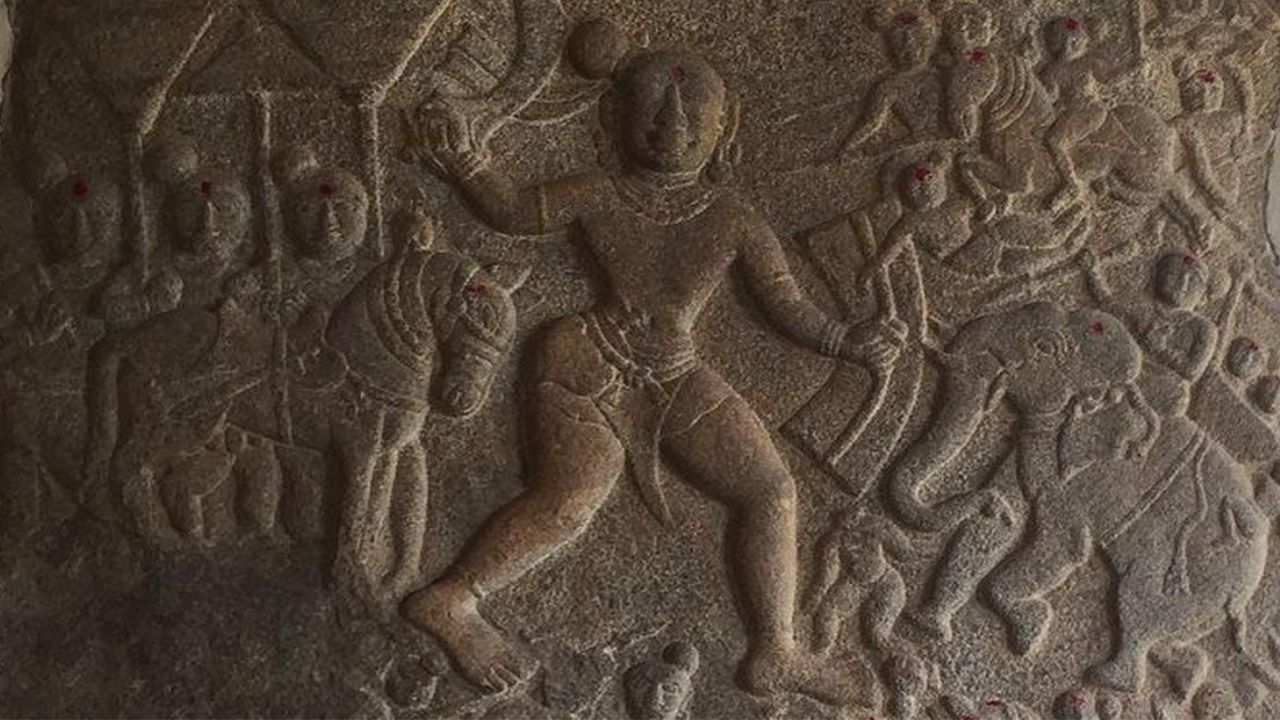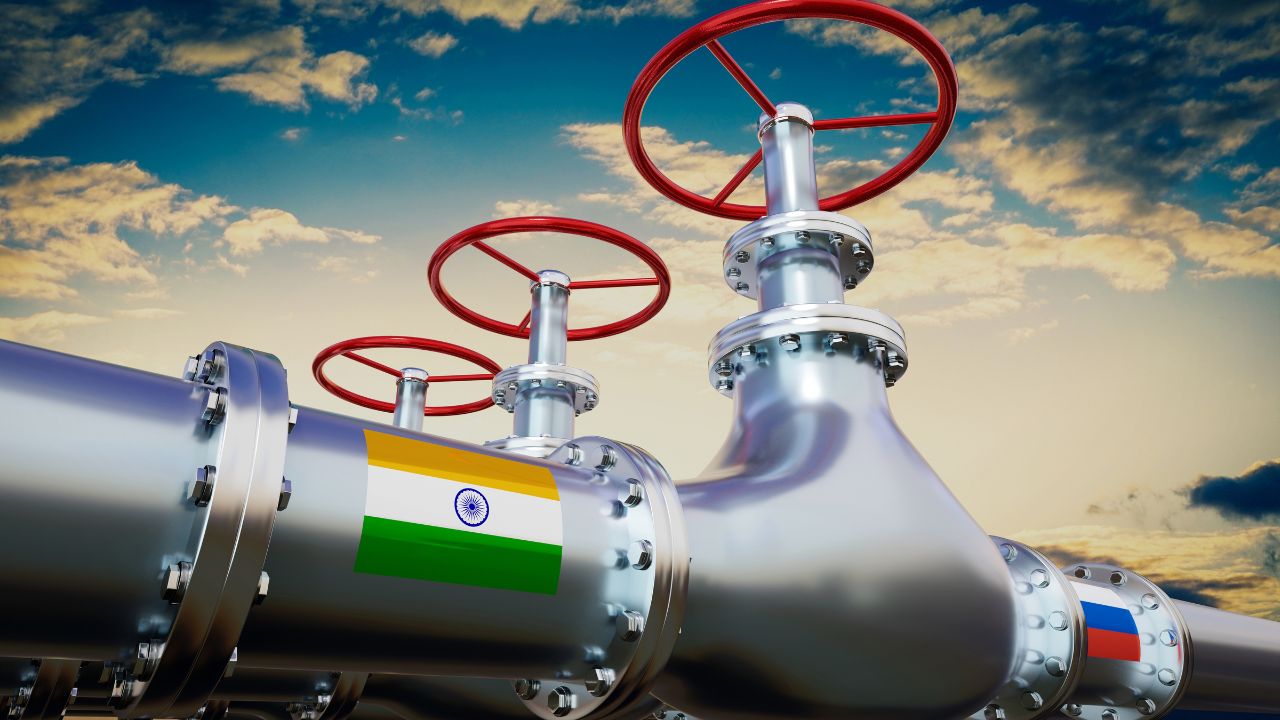
Band of (Bandit) Brothers
Read More
Sanity Break #1
Yeah, this is typical Disney-style emotional manipulation, but we still love this funny Deadpool reaction video—where Ryan Reynolds and Taika Waititi as Korg make fun of the trailer for their upcoming flick ‘Free Guy’.

Headlines that matter
Check out this edition for the most important stories from around the world today!

Sanity Break #2
Pawel Kuczynski’s illustrations are scathing observations of our messed up world—and the way we inhabit it. They’re the equivalent of that splash of ice-cold water—which makes you gasp and also jolt to life.

Reading Habit
This week we have a Book Addict’s Quiz with writer, game designer, journalist, dog whisperer and thinker of otherworldly stories—Siddharth Singh.

Feel Good Place
Need an immediate pick-me-up? We have you covered! From hilarious animal clips to stuff that’ll make you go “lol why?!”, we have all you need to keep you sane on even your worst hair day.






